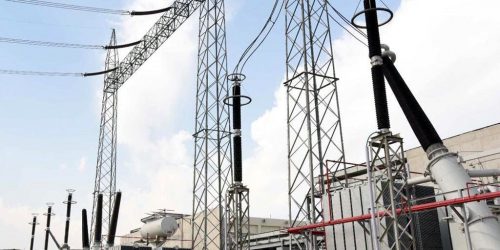There were times when our energy sector was rated in the region as one of the best performing and forward looking sectors. It was a great blend of well-performing entities of private and public sectors. Public sector entities such as Southern Gas Company (SSGC), Sui Northern Gas Pipeline Company (SNGPL), Pakistan Petroleum Limited (PPL), Oil and Gas Development Company Limited (OGDCL), Pakistan State Oil (PSO) were listed as blue chip companies, with PSO listed among the Fortune 500 companies of the world.
Likewise, in power sector, with WAPDA in the lead and induction of Independent Power Producers (IPPs), the sector distinguished itself as the leading power sector in the region. The entire energy sector significantly contributed towards generating revenues and profits, thereby supporting the country’s economy.
However, as things stand today, the energy sector is under a severe strain. Instead of supporting the nation’s economy it is a drain on it. The entire energy supply chain is stressed: be it energy fuel procurement, supply and distribution, power generation and distribution in public and private sector, gas supply and distribution. The end result is the circular debt.
Circular debt occurs when one entity facing problems in its cash inflows holds back payments to its suppliers and creditors. Thus, problems in the cash inflow of one entity cascade down to other segments of the payment chain. In Pakistan, the energy sector has faced this issue for several years. As of September 2020, the total circular debt stood at ?2,150 billion.
Of this, the gas circular debt between two companies SNGPL and SSGC stands around Rs550-600 billion and is on the rise. Whereas the receivables of OGDC and PPL against the two Sui companies are of Rs525 billion, hindering prospective exploration of gas and oil.
There are multiple reasons for the slide of the energy sector – the foremost being two : (1) Intervention by successive leaderships and their cronies in the affairs of the energy sector, driven by vested interests at the expense of national interest; (2) a compromised role of the sector regulators in overseeing and monitoring the affairs of the sector. The two put together ushered in an era of political and bureaucratic micro management of the sector, defeating professionalism, merit, fair business practices – all of which cumulatively have led to poor governance, year after year.
To effectively set right this sector both of these irritants have to be addressed.
The incumbent leadership terms the energy sector ‘a big headache’ for the government. The relevant Ministers and Special Assistants to the Prime Minister are putting in their bit to set things right. So far they have succeeded in settling some of the burning issues in the sector. This may provide limited relief but will not move the sector out of the crisis. The issues are too multifarious and complex that need a comprehensive strategy and implementation commitment to address them. The incumbent government may not achieve conclusive results in its remaining tenure, but would do good to the nation by putting the energy sector of the country on a track leading to success.





